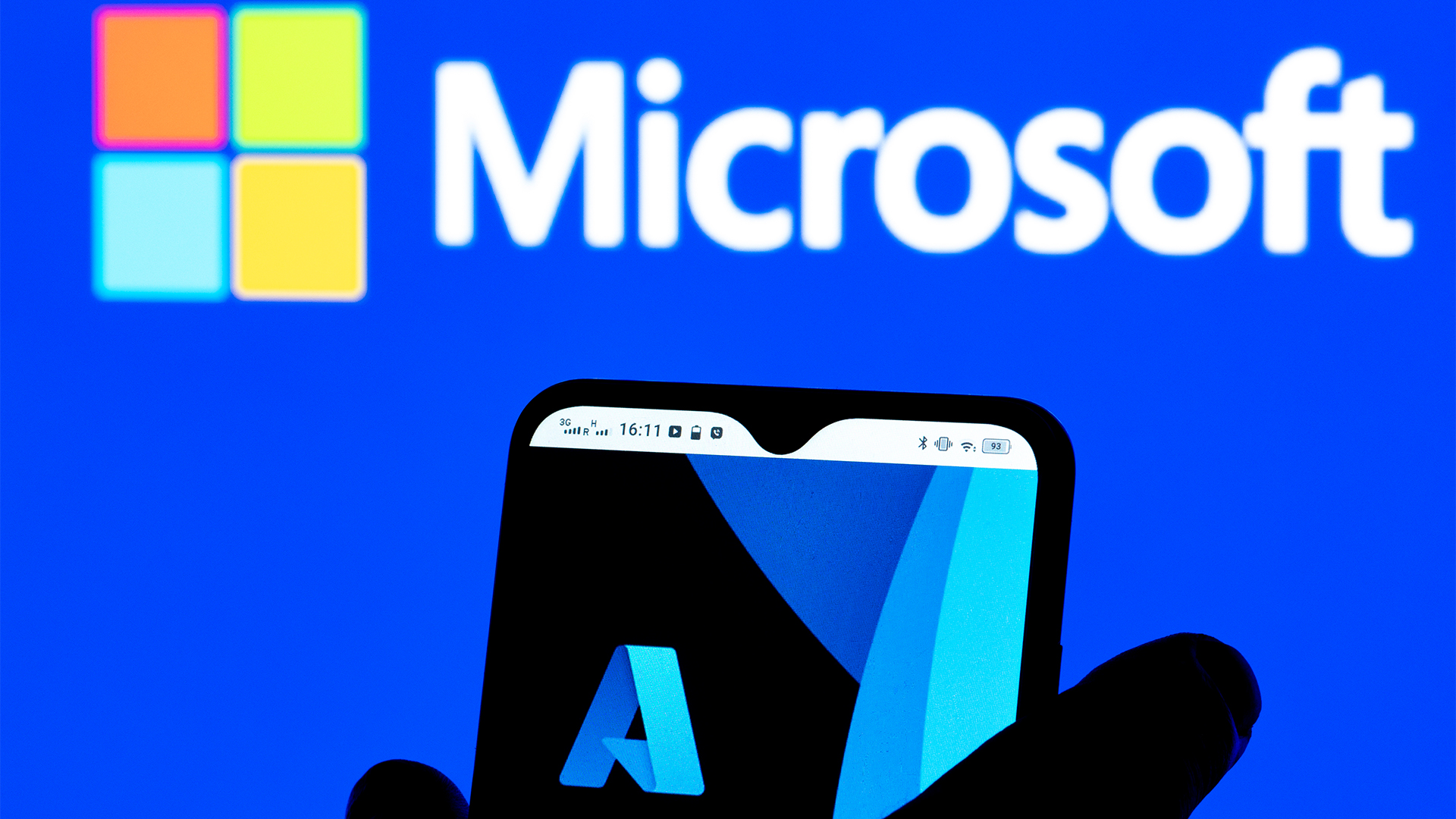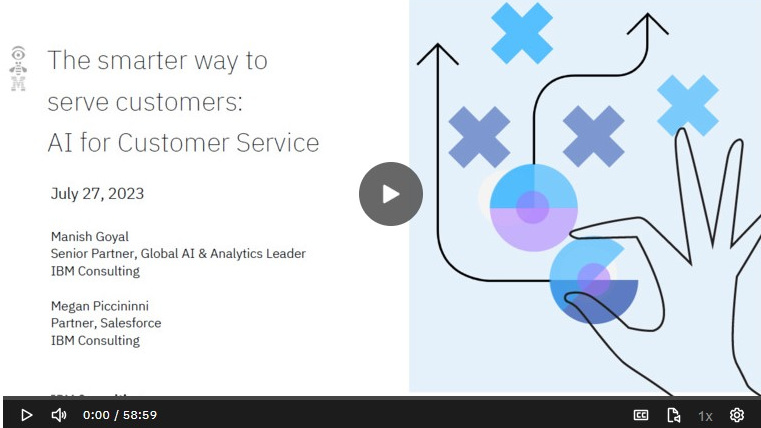Microsoft Azure AI Search just got a massive storage increase - here’s what you need to know
Microsoft is ramping up Azure AI Search capabilities in a bid to drive generative AI application development


Microsoft has revealed a huge increase in storage capacity and vector index size for its Azure AI Search platform that comes with no additional price tag for customers using the AI-augmented search platform.
Users will benefit from an 11x vector index increase, as well as a six-times increase in total storage and double improvement in both indexing and query throughput, the tech giant confirmed.
Microsoft said the move is aimed at providing developers with expanded capabilities to scale generative AI applications by leveraging a “multi-billion vector search”.
The update also allows enterprises to run retrieval augmented generation (RAG) at scale without needing to compromise on the price tag, utilizing “more data per dollar.”
Azure AI search now supports RAG capabilities for ChatGPT, GPTs, and the Assistant API, acting as the retrieval system that ensures the continued functionality of the GPT store.
Microsoft said the size of ChatGPT’s user base signals the possibilities of Azure AI Search when it comes to RAG at scale, with other large-scale companies such as Otto Group and KPMG also reported to be using the platform.
RAG systems are a necessity in generative AI application development
These more advanced instances of RAG systems can be applied in numerous places across the global economy, Microsoft said, with teams in professional services, healthcare, and telecommunications citing the importance of vector search in generative AI.
Get the ITPro daily newsletter
Sign up today and you will receive a free copy of our Future Focus 2025 report - the leading guidance on AI, cybersecurity and other IT challenges as per 700+ senior executives
These groups have discovered that, to build a generative AI application that performs as its designed, “using only one search practice like vector search, simply doesn’t work.”
Higher-quality retrieval systems cover a greater variety of scenarios for application functionalities, the firm noted.
These approaches include hybrid retrieval and semantic reranking, functions that aid developers in achieving their objectives both more effectively and more efficiently.
RELATED WEBINAR

Microsoft made note of two companies that are currently showcasing the possibilities created by Azure AI search, Telus Health which is using advanced RAG to deliver a customer care application, and NIQ Brandbank which is optimizing its online presence through multi-vector retrieval.
The team at Telus Health was able to leverage AI search to enhance the platform, expanding its retrieval strategy and implementing hybrid search and semantic reranking to enhance question handling.
NIQ Brandbank takes a different approach to RAG as an enterprise solution, using multi-vector search to comb through research on the backend for use in its Content Health+ platform.

George Fitzmaurice is a former Staff Writer at ITPro and ChannelPro, with a particular interest in AI regulation, data legislation, and market development. After graduating from the University of Oxford with a degree in English Language and Literature, he undertook an internship at the New Statesman before starting at ITPro. Outside of the office, George is both an aspiring musician and an avid reader.
-
 Bigger salaries, more burnout: Is the CISO role in crisis?
Bigger salaries, more burnout: Is the CISO role in crisis?In-depth CISOs are more stressed than ever before – but why is this and what can be done?
By Kate O'Flaherty Published
-
 Cheap cyber crime kits can be bought on the dark web for less than $25
Cheap cyber crime kits can be bought on the dark web for less than $25News Research from NordVPN shows phishing kits are now widely available on the dark web and via messaging apps like Telegram, and are often selling for less than $25.
By Emma Woollacott Published